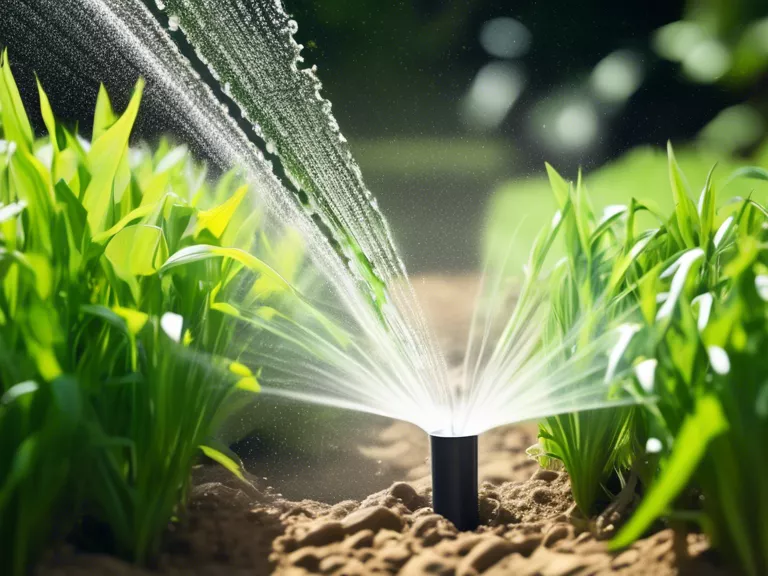
Smart irrigation systems have revolutionized sustainable landscaping practices by optimizing water usage and promoting environmental conservation. These innovative systems utilize technology to deliver precise amounts of water to plants, reducing water waste and ensuring efficient irrigation. With the increasing focus on sustainability and the preservation of natural resources, smart irrigation systems have gained popularity among homeowners and landscapers alike.
One of the key impacts of smart irrigation systems on sustainable landscaping is water conservation. By using sensors and weather data, these systems can adjust watering schedules based on real-time conditions, such as rainfall and temperature. This ensures that plants receive just the right amount of water they need, without overwatering. As a result, water usage is minimized, reducing water bills and preserving this valuable resource.
In addition to water conservation, smart irrigation systems also promote healthier landscapes. By delivering water directly to the roots of plants, these systems help to prevent water runoff and ensure that plants receive nutrients efficiently. This leads to healthier, more vibrant plants that are better equipped to withstand environmental stresses, such as drought or extreme temperatures.
Furthermore, smart irrigation systems contribute to the overall sustainability of a landscape by reducing energy consumption. Traditional irrigation systems often waste energy by running on fixed schedules, regardless of weather conditions. In contrast, smart systems can adjust their schedules to maximize energy efficiency, saving both energy and money in the long run.
Overall, the impact of smart irrigation systems on sustainable landscaping is significant. By conserving water, promoting healthier landscapes, and reducing energy consumption, these systems play a crucial role in creating environmentally friendly outdoor spaces. As the demand for sustainable landscaping practices continues to grow, smart irrigation systems will undoubtedly play a central role in shaping the future of landscaping.



